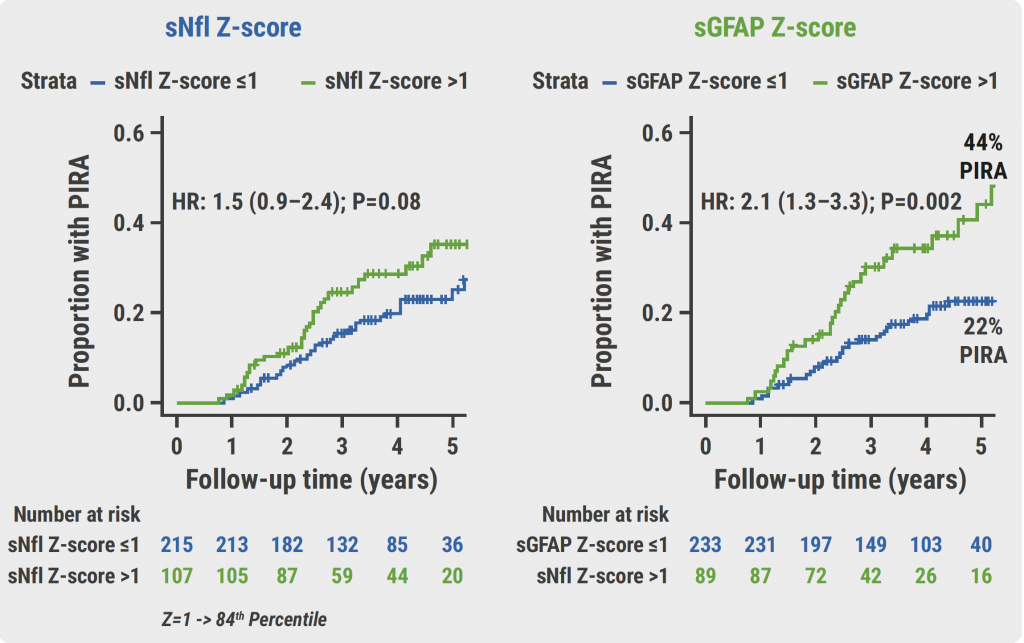Writing in JAMA Neurology, researchers note that progressive parkinsonism is common in aging adults without a diagnosis of PD, but its pathologic basis remains controversial.
"Understanding the biology underlying parkinsonism is crucial for developing therapies to decrease its public-health consequences in aging populations," write Dr. Shahram Oveisgharan and colleagues with the Rush Alzheimer's Disease Center at Rush University in Chicago.
The Rush team recently observed an association between cerebrovascular disease brain pathologies and faster progression of parkinsonism. However, the contribution of brain WMH to the progression of parkinsonism was not assessed.
Their latest study extends their prior work by examining if postmortem WMH is associated with progressive parkinsonism when controlling for neurodegenerative pathologies, including PD and cerebrovascular disease pathologies.
The cohort included 516 people who died while participating in three ongoing clinico-pathological studies of aging; 70.5% were women and the mean age at death was 90.2 years.
Prior to death, the participants were observed for an average of 7.5 years with annual clinical assessments; after death, ex vivo brain MRI was performed. None had been diagnosed with PD.
The researchers found that a higher level of WMH was associated with significantly faster progression of parkinsonism (P=0.002).
"The association between WMH and progressive parkinsonism remained significant despite partial attenuation in a model including postmortem indices of cerebrovascular disease brain pathologies," the researchers report.
"These longitudinal findings support a notion that both WMH and cerebrovascular disease pathologies may be underestimated independent contributors to progressive parkinsonism, which is common in older adults," they say.
The findings, they add, could have important implications for both aging research and the care of older adults with late-life motor impairment.
In particular, they say prospective studies are needed to see if brain imaging to look for signs of WMH coupled with more aggressive medical treatment of vascular risk factors and diseases in older adults may lower the occurrence of age-related progressive parkinsonism.
Funding for this research was provided by grants from the National Institutes of Health.
SOURCE: https://bit.ly/2ZOFBXF JAMA Neurology, online November 1, 2021.
By Reuters Staff
Posted on
Previous Article
« Study supports role of the immune system in depression Next Article
Genetic test can help pinpoint best treatment for men with high-risk prostate cancer »
« Study supports role of the immune system in depression Next Article
Genetic test can help pinpoint best treatment for men with high-risk prostate cancer »
Related Articles

December 9, 2021
Preliminary data shows positive results of ATA188 for progressive MS
November 8, 2019
Exposure to DMTs reduces disability progression
© 2024 Medicom Medical Publishers. All rights reserved. Terms and Conditions | Privacy Policy

